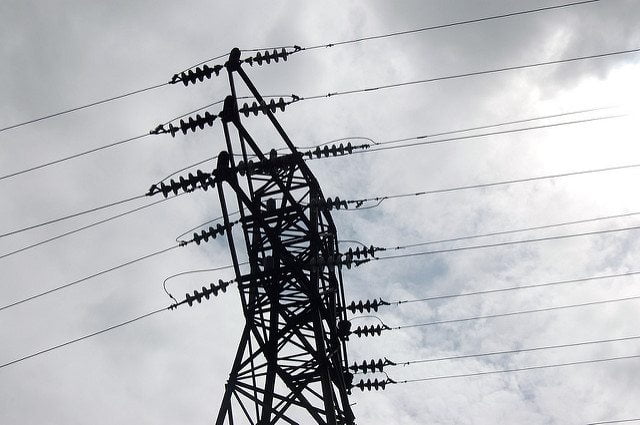The use of blockchain technology in different industries doesn’t need any introduction. Electron, a London-based startup is now working on implementing the very technology to the UK’s energy sector.
The company is reportedly lobbying for the country’s energy sector to implement Ethereum blockchain-based applications to record and manage energy consumption. In order to achieve the intended goal, it has also created a demo application using placeholder simulated data from over 53 million metering points and 60 energy suppliers.
With the introduction of blockchain and supported smart contracts, Electron intends to revolutionize the energy market, which has not seen any technology upgrades since the past 25-35 years. Electron’s demo application has already shown a significant decrease in the time taken for switching between energy suppliers.
Electron’s blockchain application is expected to help the energy industry to manage balancing and settlement in a much efficient fashion compared to currently used conventional technologies. All the information pertaining to energy providers, consumption records, and other transactional records can be stored on an immutable ledger using a completely automated process. It will help the energy industry and the government bodies to access real-time data regarding market shares, consumption patterns, management of utility bills of end consumers and more.
The co-founder of Electron, Paul Ellis believes that most of the blockchain innovations in the energy sector are currently focused on peer-to-peer energy trading. Few projects in this segment include New York’s Transactive Grid and Australia’s Power Ledger. However, no one has so far thought of catering to the organizations that are involved in generation and transmission of energy (be it electricity or gas).
The UK energy industry is just a testing ground for Electron. If the platform is found to be effective by the stakeholders in the UK energy market, similar models can be implemented across different grids on an international scale.
In many developing countries, energy theft is one of the major concerns. Without proper monitoring systems in place, it is hard for the transmission companies to identify unauthorized connections and take appropriate measures. But with real-time access to distribution and consumption data, periodically updated onto the blockchain by smart meters, the situation may soon change for good.
Blockchain technology is known to make things much simpler and easier to the industries. Electron’s initiative is just one among several such applications of distributed ledger technology.
Ref: The Tech Portal | Image: Power Lines by Dina Williams (Flickr)
